Our On-Site Professional Development for Life Skills
Create a supportive school community that meets every student’s learning needs academically, socially, and emotionally. Our experts will equip you with a customized toolkit of strategies for navigating competing priorities and building meaningful learning experiences across grade levels and subject areas.
Where are you on your professional learning journey?
Your Goal
Building Your Skills
One‑Day Services
Supporting Teacher Efficacy Through Self-Care and Wellness
Recent research shows that 93 percent of teachers report high levels of job-related stress. Not only is this a concern for our educators, but it’s a serious problem for our students as well. Students with stressed-out teachers have more behavior issues, and those students have lower overall achievement. This workshop explores easy-to-implement wellness hacks that will positively impact both the adults and the students in your building or district.
- Review the four seasons of a typical school year and how to help yourself and your staff members thrive through each phase.
- Explore multiple self-care/wellness hacks that are easy to implement at both the personal and professional level and correlate to the phases of the school year.
- Discover new ways to motivate and inspire your staff so they can lead by example for their students.
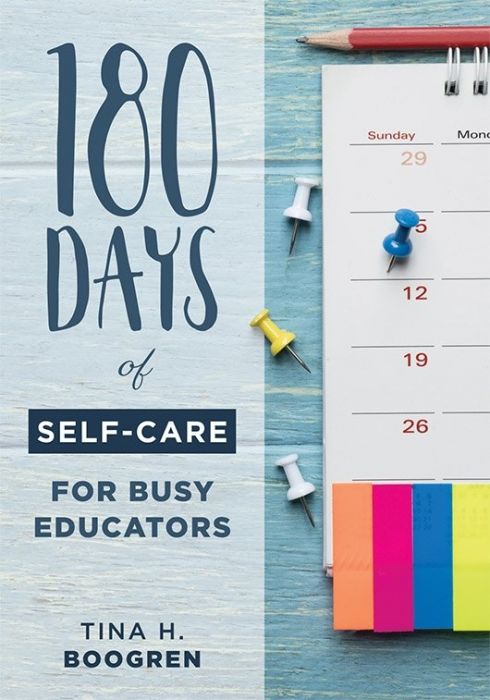
Recommended Resource
Best Practices in Wellness for Learners
Educating the “Whole” learner is essential to fostering student learning and wellness, through both in-person and virtual instruction. Students come to educators with a multitude of social and emotional needs, and schools must have a support system in place that provides learners with the social and emotional skills necessary to achieve their highest potential. This workshop provides essential best practices for establishing, fostering, and monitoring an effective social and emotional support system, schoolwide.
- Learn how to establish and foster a schoolwide system that supports social and emotional learning, through both traditional instruction and e-learning.
- Explore a menu of best practices for embedding social and emotional learning in every environment, including the virtual classroom.
- Develop a practitioner’s toolkit for effective schoolwide implementation and monitoring of social and emotional learning.
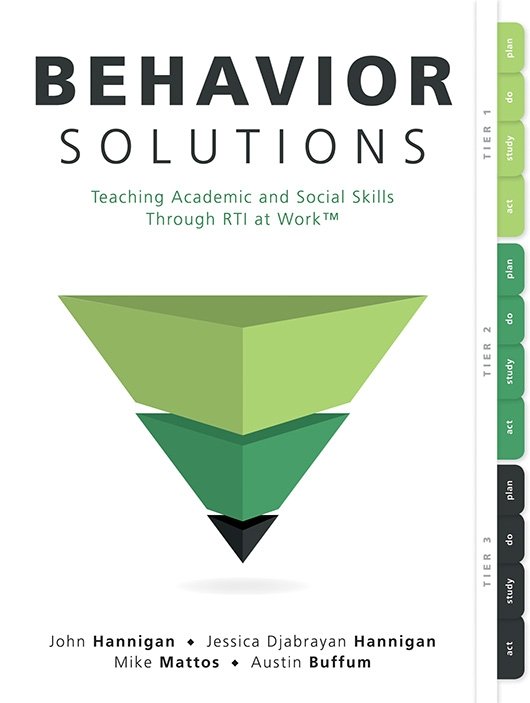
Recommended Resource
Healthy Teachers, Happy Classrooms: Twelve Brain-based Principles to Avoid Burnout, Increase Optimism, and Support Physical Well-Being
Many teachers have long struggled with stress and burnout, even before the challenges of COVID-19. A 2018 study found that 40 to 50 percent of those who become educators decide to depart the profession within the first five years. So, what support can you find to maintain the fire and passion that drew you to the classroom in the first place? Education expert Marcia L. Tate offers strategies that will empower you to be your own best source of strength. In this light-hearted and life-changing workshop, you will learn how to restore your passion for teaching and explore 12 specific ways to improve and maintain your health and improve your quality of life. Come ready to be inspired and leave with your own specific action plan for sparking positive personal and professional change.
- Identify what causes teacher burnout.
- Learn how to restore your passion for the profession.
- Determine how to establish and maintain close personal relationships with others.
- Connect the 12 principles for well-being back to your daily classroom practice.
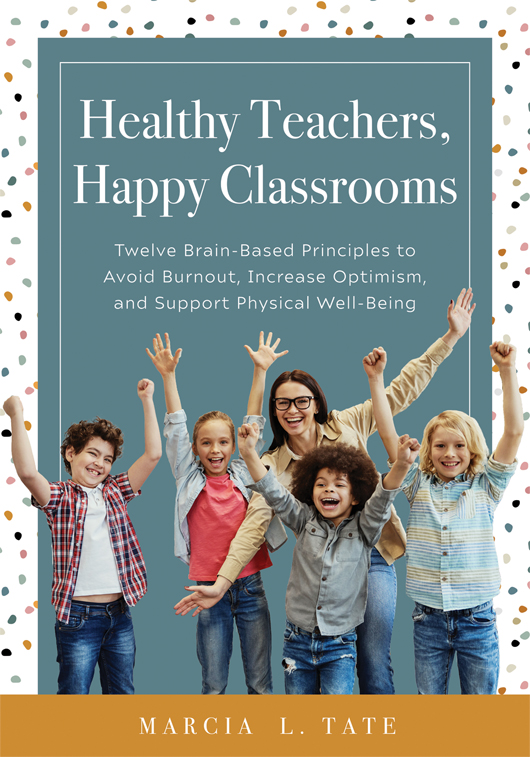
Recommended Resource
Demystifying MTSS: A School and District Framework for Meeting Students' Academic and Social-Emotional Needs
Learn how to simplify the approach and process for building an effective and coherent multitiered system of supports (MTSS). Teams will engage in learning the fundamental components of MTSS that can be applied in their own schools and districts using tools and strategies provided in this workshop. Teams will be able to initiate or refine their MTSS journey with clearly defined actions and next steps.
- Identify key MTSS foundation components.
- Know the “why” of MTSS and the importance of communicating your “why.”
- Understand the foundational role of collaborative leadership and teams needed to support MTSS.
- Discover how to align systems and resources to build a successful MTSS.
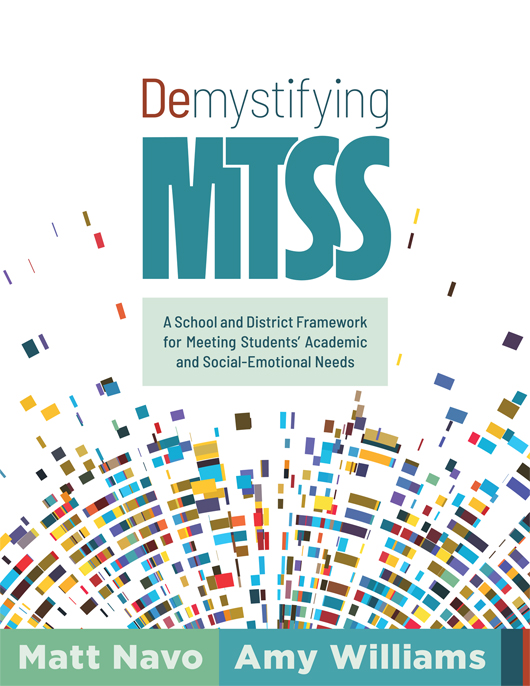
Recommended Resource
Strategies for Activating SEL Across the Curriculum
Teacher teams and individual teachers trying their hand at social-emotional learning may be uncertain about how to develop strong SEL plans and create the best possible learning experiences for students. In this interactive session, K–16 educators will consider their own emotional intelligence skills, student SEL, and the research-based Equity and SEL Integration Framework when making instructional decisions.
- Create relevant learning experiences.
- Prepare students for learning by creatively incorporating high-yield teaching strategies.
- Activate SEL in everyday lessons to keep learning at the forefront while still pivoting for learners with diverse needs.
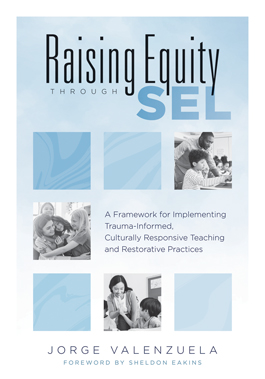
Recommended Resource
Up to the Challenge: Teaching Resilience and Responsibility in the Classroom
In this discussion-based workshop, teachers will learn how to use tools that will help them facilitate student discussions about performance character—concepts that will assist students in learning why and how to take on any classroom challenge successfully and happily. The tools provide a practical way to assist teachers with being intentional about performance character without sacrificing class content.
- Build performance character skills that enhance the class content you already teach.
- Gain a deeper understanding of performance character concepts.
- Observe the tools in use to see how you can facilitate your own classroom discussions.
- Brainstorm lesson ideas that will teach content to students while allowing them to understand and experience performance character concepts.

Recommended Resource
School Climate Matters: Developing a Culture of Wellness
Educational leaders juggle tasks and challenges daily, from budgets to compliance to hiring to conflict resolution. The list can be overwhelming and it’s tough to know what to prioritize. During this era of staffing shortages, developing a culture of wellness is critically important. The demand for a positive culture is at an all-time high, and applicants have become more discriminate regarding an organization’s culture. This one-day workshop provides leaders with the understanding and tools to improve school culture so that it attracts and retains talented educators, improves teacher wellness, and clears the way for the real work to occur: to prepare students for the future.
- Discover the impact of a positive school culture
- Gain trauma-compassionate strategies to attract and retain the best team members
- Explore the leader’s role in ensuring an environment for teachers and students that is positive and caring
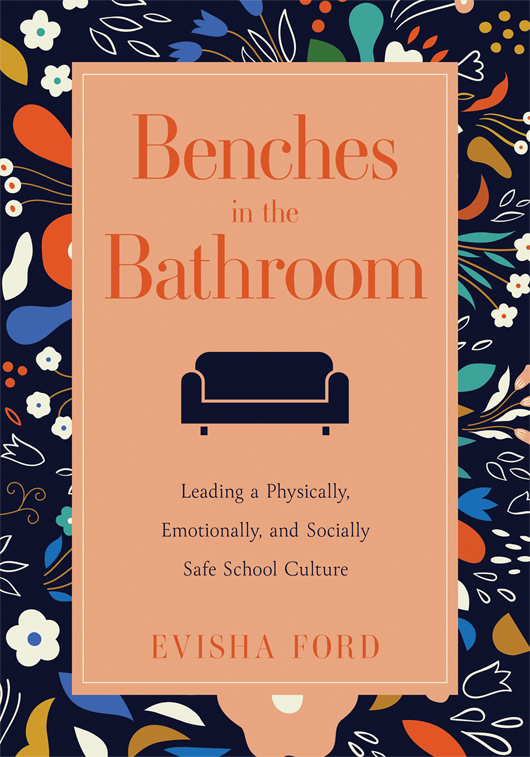
Recommended Resource
Design Your Own Master Class to Invigorate Your Professional Learning
Engage with thought leaders and discover how to improve teaching and learning for all students. This customizable workshop offers educators direct access to timely ideas from psychologists, neuroscientists, artists, activists, and more. Each session will cover 1-2 issues that feel most urgent for your school or district such as balancing technology use, fostering civil classroom conversations, promoting emotional literacy and self-regulation, reducing teacher decision fatigue, or increasing equitable outcomes. Leave this session feeling inspired and empowered to improve student engagement and learning, and infuse joy into your classroom.
- Gain access to urgent ideas from thought leaders spanning a wide variety of disciplines, including Adam Grant, Trabian Shorters, Cal Newport, and Brene Brown.
- Reflect on and engage in conversation about research-based ideas to consider how they can positively impact teaching and learning.
- Leverage your team’s collective insights to devise creative solutions that really work for your school.
- Delve into a learning experience that honors and centers educators’ professional expertise as the driving force for change.
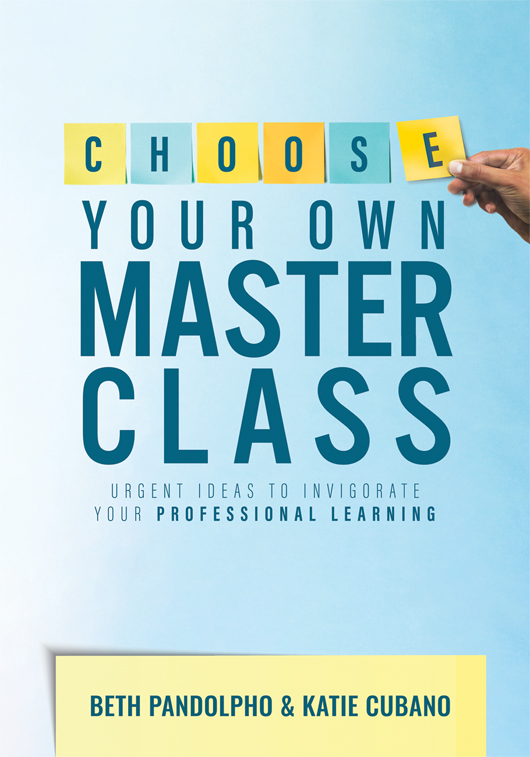
Recommended Resource
The Recipe for Student Well-Being: Five Key Ingredients for Social, Behavioral, and Academic Success
Help your students move from surviving to thriving through five research-based strategies that promote student well-being.
- Learn about how to create the Safe, Predictable, and Positive school and classroom environment.
- Access concrete strategies for building and supporting positive student-teacher relationships.
- Demystify the use of data and assessment in your efforts to support student well-being.
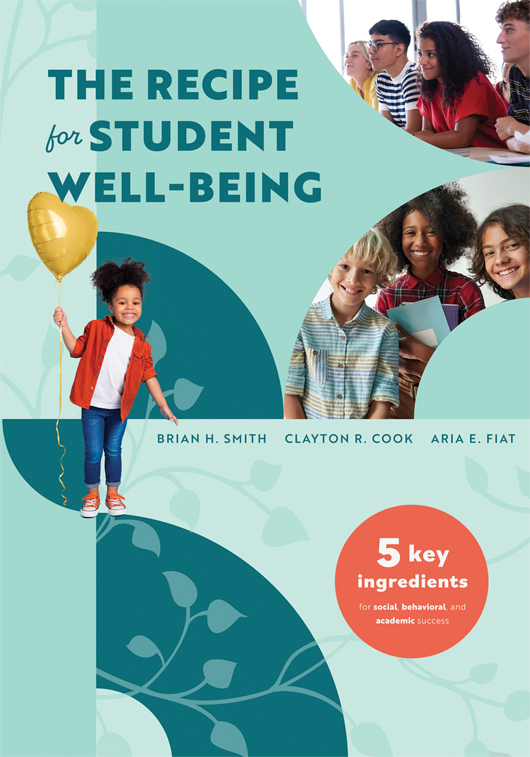
Recommended Resource
Little Learners, Big Hearts: A Teacher’s Guide to Nurturing Empathy and Equity in Early Childhood
Bring mindful consciousness, compassion, confidence, and courage to your school or early education center, as you foster a sense of community and belonging across races and ethnicities.
In this powerful session, you will learn how to:
- Help staff understand bias—their own biases, and those of families and students.
- Increase children’s well-being by building a positive racial and cultural identity.
- Prevent and stem trauma that results from peer aggression and bullying.
- Practice mindfulness with staff and students to increase equity and justice.
- Select and use children’s literature as a catalyst for antiracist conversations and action.
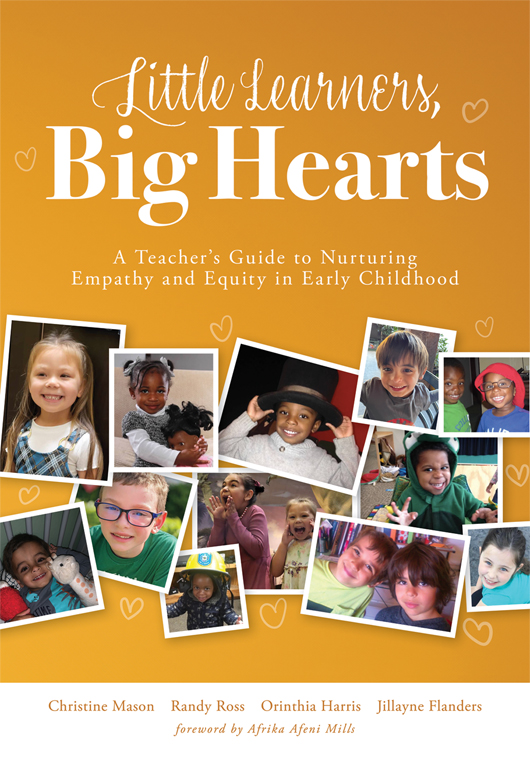
Recommended Resource
Your Goal
Deepening Your Skills
Two‑to‑Four‑Day Services
Maximizing Student Engagement
Discover how to use Questing—a contemporary pedagogy tailored to a student’s interests, needs, and abilities—to develop critical thinking, collaboration, and self-direction. Educators can engross students in emotionally gripping and compelling learning experiences, engage them with actionable targets and goals, and promote collaboration in online and physical spaces.
- Form learning partnerships with students that lead to co-teaching and co-learning, where voices and choices matter.
- Explore the three main design types—(1) inquiry, (2) network, and (3) game—through which students can Quest.
- Investigate the design decisions involved in identifying a Quest, determining checkpoints, and helping students reflect on their Quest.
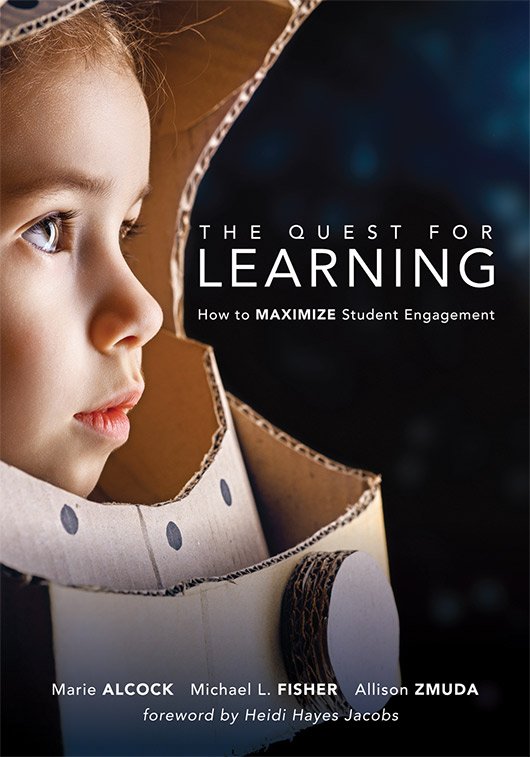
Recommended Resource
Two-for-One Teaching: Integrate Social-Emotional Learning into Academic Instruction
Learn to use the academic tasks students already do as opportunities for them to explore and enact their values.
- Understand how to develop a classroom culture of willingness and empowerment.
- Practice using protocols that incorporate values work into academic units.
- Explore some of the psychology of how to help students discover and do what matters to them.
- Learn how to structure units to incorporate social-emotional learning (SEL) into every stage of learning.
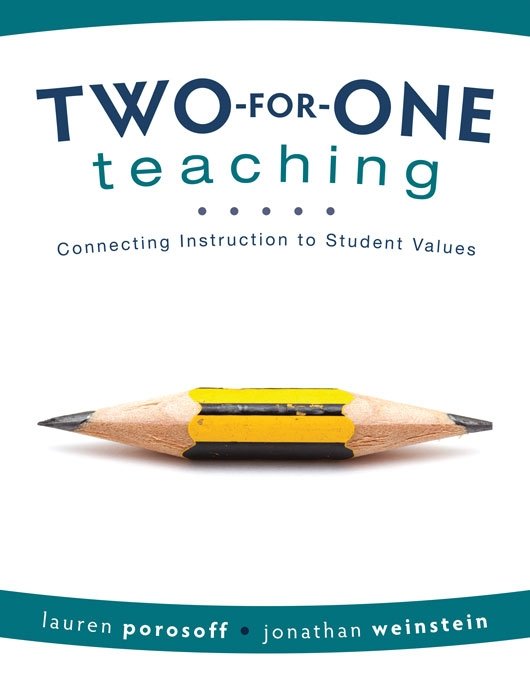
Recommended Resource
Reclaiming Youth at Risk: Developing Strengths in All Students
The need for belonging, mastery, independence, and generosity are core principles of social and emotional learning.
- Study the hazards facing youth at risk: relational trauma, failure as futility, powerlessness, and loss of purpose.
- Explore this unique relational, strength-based approach for reclaiming discouraged or alienated youth.
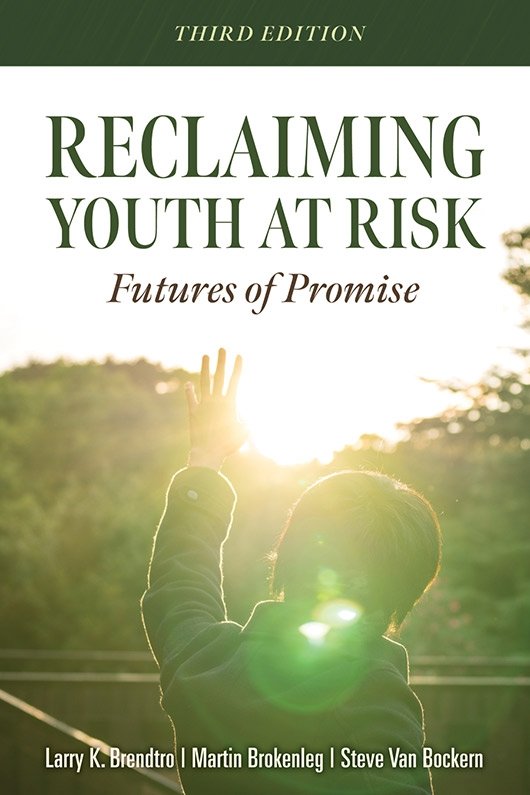
Recommended Resource
Cultivating a Positive School Community Through the Foundational Practice of Mindfulness
Build compassionate classrooms and mindful schools that prioritize and balance both learning and well-being.
- Explore the theory behind mindful and compassionate education practice, including the interrelated nature of physiology, cognition, emotions, and mindfulness for students.
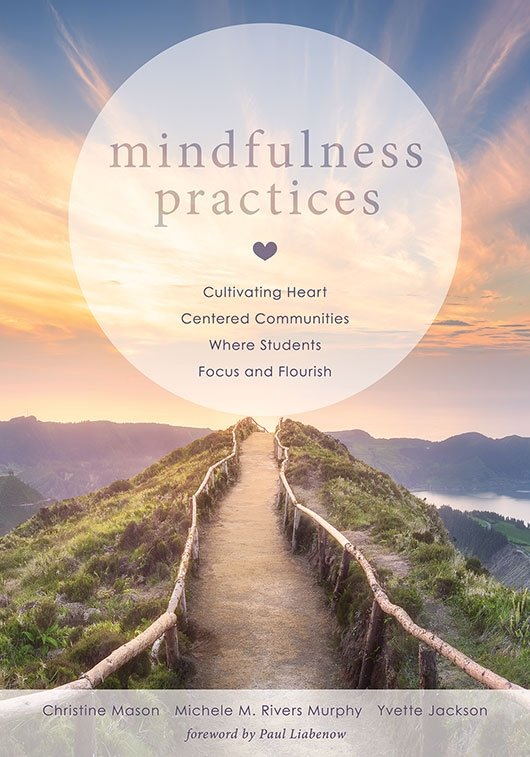
Recommended Resource
Supporting the Whole Child Through Reflective School Leadership
By reenergizing your commitment to ongoing leadership development and engaging both/and rather than either/or thinking for numerous decisions, we can transform schools so students flourish academically while also meeting their social and emotional learning needs.
- Study the 12 lenses of school leadership—core educational leadership responsibilities that are essential for leading whole-child schools.
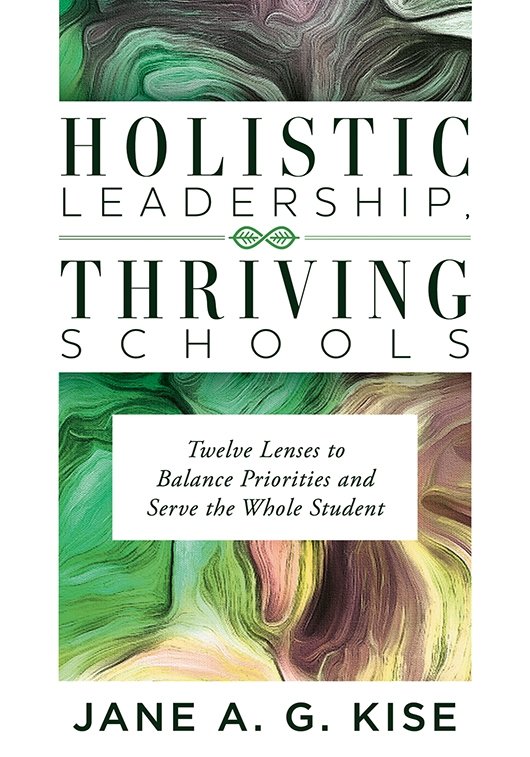
Recommended Resource
Social-Emotional Learning: Supporting Growth in Elementary School Students and Staff
The social and emotional well-being of students and staff is fundamental to school success. You have the power to create a positive, supportive environment that values meaningful, effective social-emotional learning. When you partner with one of our experts you and your staff will learn how to work from a deeper understanding of SEL—its importance, how it relates to behavior and child development, and how it positively impacts teacher efficacy. You will also delve into the PLC process as a way to build a healthy school climate, safe and effective classroom environments, and multilayered systems of responding to school and student needs.
- Learn how to respond to student behavior in a way that supports SEL development.
- Gain strategies for building responsive relationships and supports for emotional regulation.
- Access 10 easy-to-implement instructional SEL practices that can be integrated into academic learning.
- Explore, design, and implement year-long and daily lesson tools for planning and integrating SEL.
- Discover ways to create and use developmentally appropriate assessments to monitor student learning and inform teaching practices around SEL.
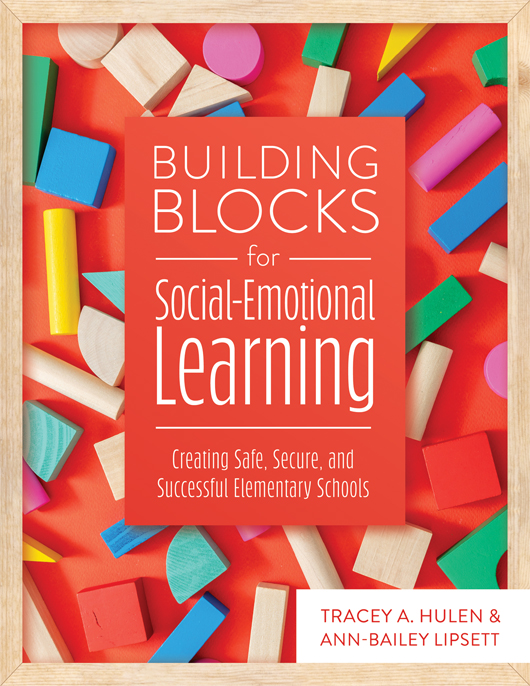
Recommended Resource
Trauma-Sensitive Classroom Seminar
In this face-to-face session you will explore how trauma can impact students as well as educators, the importance of building a foundation on relationships and routines, and practical strategies and techniques to help make classrooms more trauma-sensitive. Specific outcomes of this two-day session include:
- Impacts of trauma on educators and an introduction to teacher self-care
- Factors influencing student resilience
- The importance of building foundational relationships with students
- An understanding of essential factors needed in schools and classrooms when students are experiencing trauma
- Teaching strategies for trauma-sensitive classrooms
- Developing a plan for trauma-sensitive instruction

Recommended Resources
The Metacognitive Student: Empowering Students to be the CEOs of Their Own Thinking and Feelings
Learn how simple and easy it can be for any K-12 teacher of any content area to embed into already existing curricula and daily routines one simple, practical metacognitive strategy: Structured SELf-Questioning.
Through this service you will see student improvement in:
- Academic problem solving, research, math problem solving, engineering and design thinking skills
- Social problem solving decision-making and conflict resolution skills
- Emotional problem solving, decision-making and coping skills
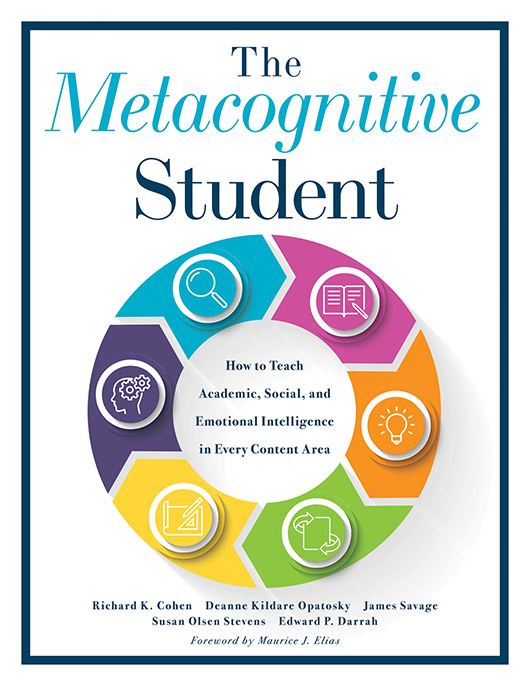
Recommended Resources
Your Goal
Sustaining Your Skills
Multi‑Day Services
Embedded Coaching
Reach your social and emotional learning goals with targeted support from our coaches. Our on-site experts will provide specific direction based on your school or district’s unique challenges, empowering every educator to create a collaborative environment where students feel engaged and motivated. Help your school achieve proficiency and efficacy for all students using evidence-based pedagogy and collaboration. In addition to reexamining their current practices, participants will explore the nature of assessment as a tool to support, learn how to involve the student in the feedback process, and understand how to promote reflective thought and evidence-based actions among learners.
Customized Services
Develop a custom learning plan designed to meet your distinct needs. This opportunity ensures that teams and individuals get the support they need through a tailor-made learning experience, with hands-on activities and practical strategies to develop learners’ emotional and social skills as thoroughly as their academic skills.
The Trauma-Sensitive Classroom
Inspired by research in social-emotional learning (SEL) and trauma-informed wellness, this multisession workshop will help you discover ways of building school relationships based on empathy, sensitivity, and lasting resilience.
- Learn the impact of trauma on the brain.
- Assess student trauma-sensitive needs in the classroom.
- Discover teacher self-care strategies.
- Develop an implementation plan for trauma-sensitive instruction.
- Engage your school leaders and colleagues in your trauma-sensitive instruction.
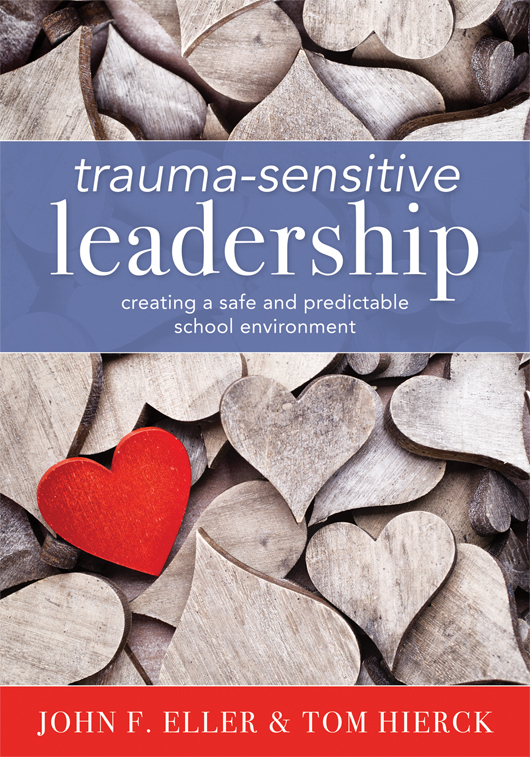
Recommended Resource




